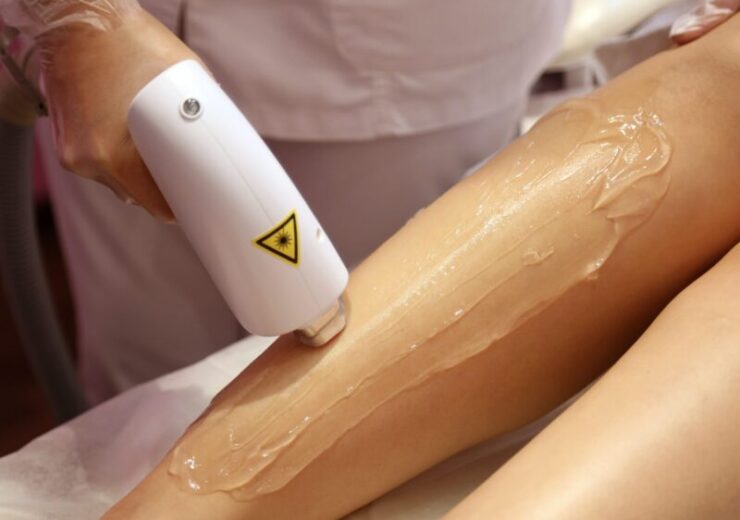The contract is intended to assist medical professionals in identifying and treating traumatic injuries as well as improve national preparedness for mass casualty incidents

GE HealthCare wins BARDA contract for next-generation ultrasound technology. (Credit: Vlad Egorov on Unsplash)
GE HealthCare has signed a contract worth $44m with the US Biomedical Advanced Research and Development Authority (BARDA) for artificial intelligence (AI)-augmented next-generation advanced point-of-care ultrasound technology.
BARDA is part of the Administration for Strategic Preparedness and Response (ASPR) within the US Department of Health and Human Services (HHS).
GE HealthCare will use the funds to develop and obtain regulatory clearance for the ultrasound technology with new AI applications.
The contract is intended to assist medical professionals in identifying and treating traumatic injuries as well as improve national preparedness for mass casualty incidents.
The jointly sponsored programme’s technology will also support clinicians at all levels in accurately diagnosing and promptly treating patients who have lung diseases and traumatic injuries to the abdomen, chest, and head.
GE HealthCare ultrasound president and CEO Roland Rott said: “Point-of-care ultrasound is an essential tool in emergency situations to help clinicians quickly get the answers they need when treating patients.
“We are grateful and excited for the opportunity to partner with BARDA to contribute our expertise in ultrasound and AI applications to develop innovative solutions for identifying a range of traumatic injuries and lung pathologies.
“Our collaboration has the potential to enhance the ability of clinicians to provide timely care for trauma patients even in the most dire scenarios.”
Under the partnership, the medical technology firm will develop new technology to speed up trauma triage and treatment to potentially transform the standard of care.
GE HealthCare will use its current point-of-care ultrasound technology portfolio to create an advanced probe and ultrasound system along with advanced AI technology.
This will simplify the acquisition and interpretation of ultrasound exams for users of all skill levels in order to increase the number of qualified users and improve the efficiency of care delivery, the American health technology major said.
The proposed devices will cover indications for several different injury types, including head trauma, lung injuries, and various lung pathologies seen outside of trauma care.
